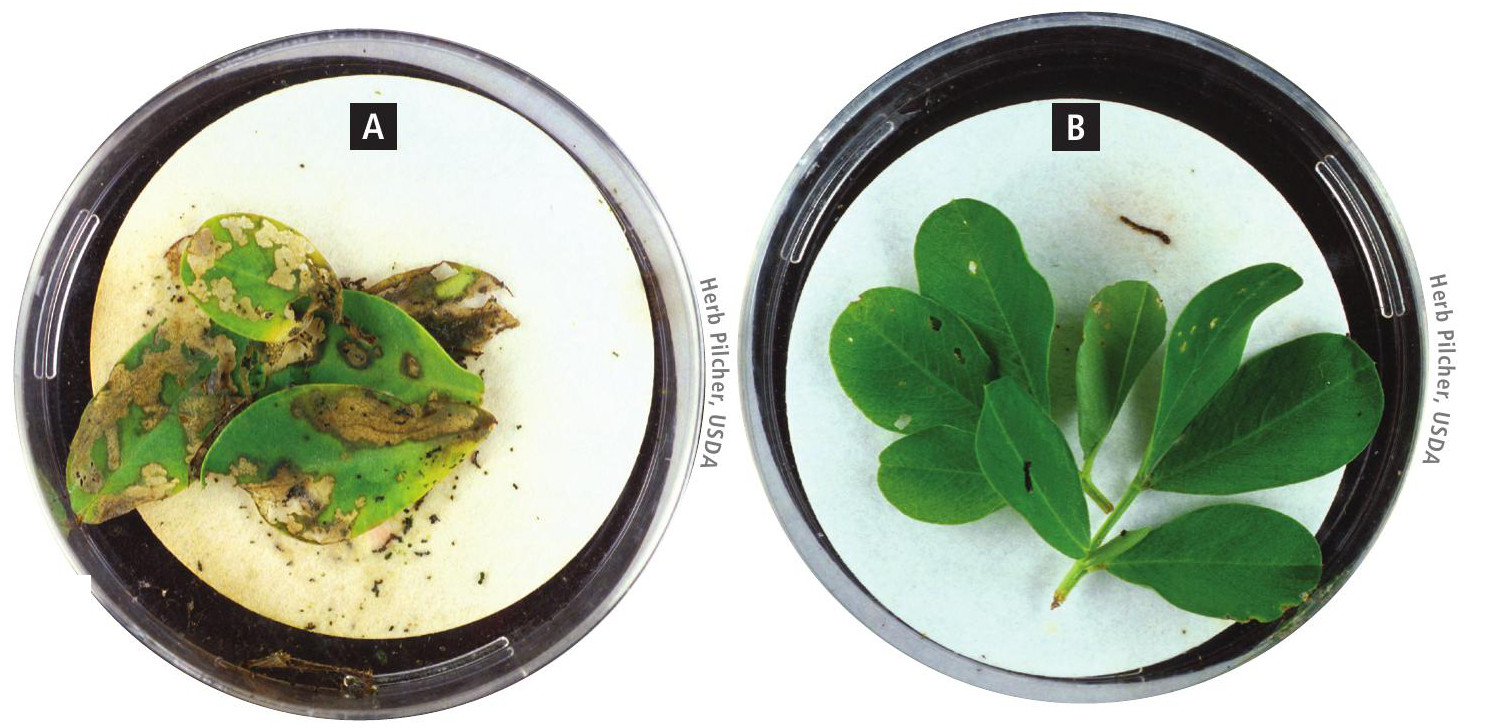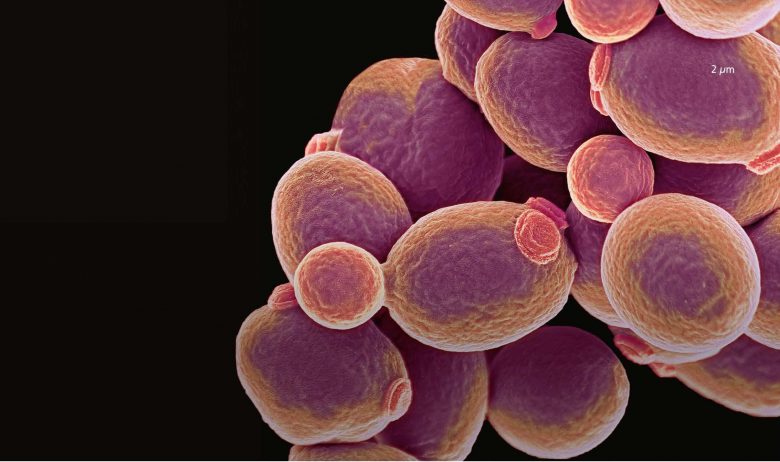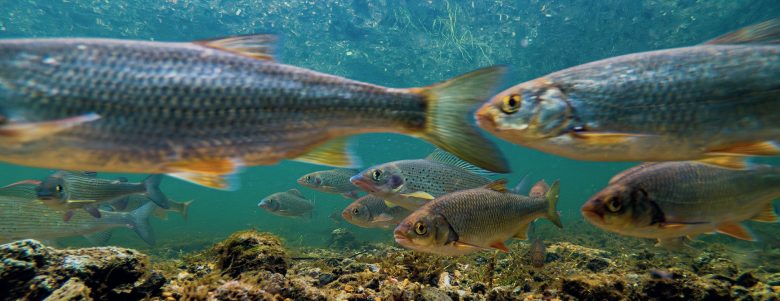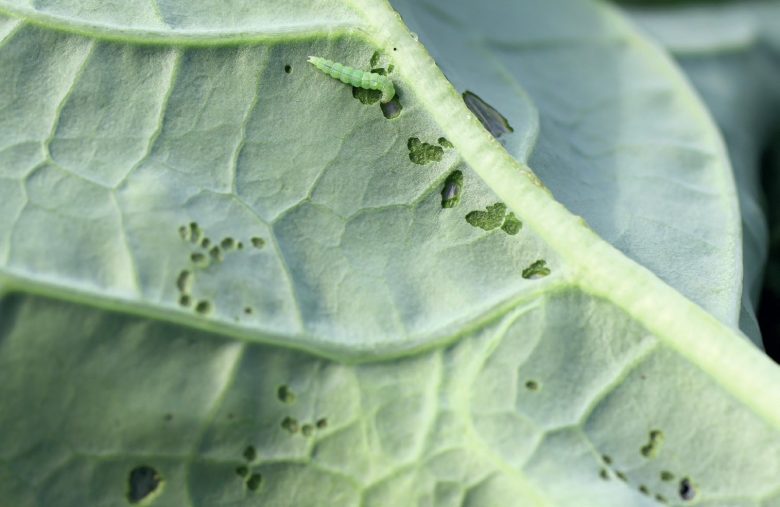
Although the European Union evaluates the safety of genetically modified crops and products, individual member states choose whether to grow them. The reasons behind these choices are complex and involve scientific, legal, economic and social issues (see Box 1). Should the UK allow GM crops to be grown, and if so, how should these crops be regulated? Are GM crops safe for the environment, and for consumption by humans and other animals? Should foods derived from GM crops be labelled? Are there any advantages to GM crops? This article addresses these questions.
Genetic engineering Recombinant DNA Transgenic Herbicide tolerance Insecticide resistance
Your organisation does not have access to this article.
Sign up today to give your students the edge they need to achieve their best grades with subject expertise
Subscribe




